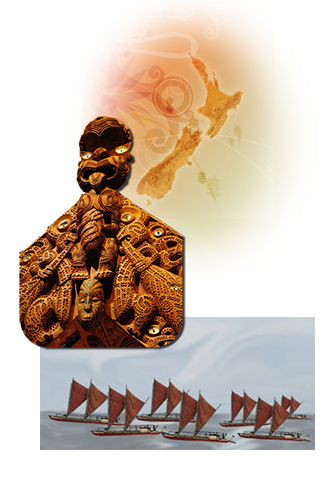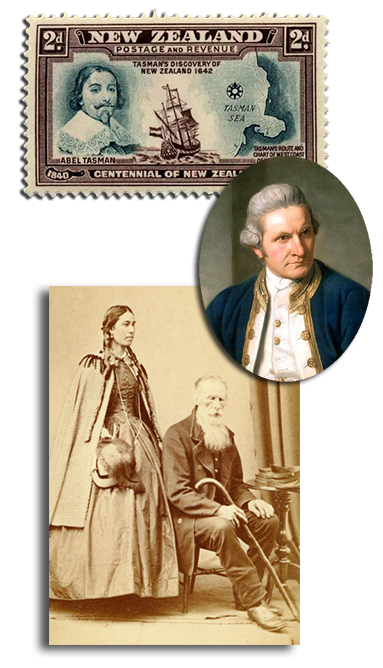About our club
Chartered in December, 2005, the Rotary Club of Maketu is celebrating a decade of service during the 2022-23 Rotary year.
Our club reflects the new face of Rotary. It spans the economic and cultural boundaries of four small rural communities: Maketu, Paengaroa, Pukehina, and Pongakawa. Our Membership is balanced between men and women. Two-thirds of the members are couples.
A vibrant club, Maketu Rotary carries out the service objectives of Rotary International within a relaxed and casual environment that is a departure from more formal and traditional structures.
Maketu Rotary demonstrates that in every community, no matter the size, there are people who want to serve.
One Community, Two Histories
Shared History
For over 200 year Maori and Pakeha have shared this place that locals affectionately call "Magic Maketu". This shared history is reflected in countless blended families and numerous landmarks throughout our community.
Maori History
Maketu’s history begins with the first human settlers to arrive in New Zealand (Aotearoa).
New Zealand’s indigenous people, the Maori, trace the arrival of human settlers in seven great migrations that probably took place 700-1000 years ago. These migrations came from an area of Polynesia that today is known primarily as Tahiti, and they are identified in Maori tradition by the name of the commander’s canoe (waka).
All Maori today trace their ancestry (whakapapa) in relationship to one of these migrations.
So it was that around 1350a.d. the Arawa waka under the command of Tamatekapua landed in Maketu. From that time to the present, there has been a permanent settlement in Maketu.
Te Arawa people spread outward from Maketu to inhabit the central North Island of New Zealand. They are, today, a dominate force in the economic, political, and cultural life of New Zealand.


Pakehea (non-Maori) History
Although the first Pakeha (non-Maori) sighting of New Zealand was by the Dutch explorer Abel Tasman in 1642, it wasn't until 100 years later that the next European explorers arrived.
In 1769 the British explorer Captain James Cook sailed past Maketu, noting in his journal a Maori settlement on the point of the peninsula which he named “Town Point”, a name that continues today. Never mind that it already had a name, “Okurei”.
Shortly following Cook’s arrival in New Zealand, whalers, traders, and missionaries began to arrive. And the prosperous Maori settlement of Maketu was in their sight. The abundant fishing grounds, easy access o timber and flax, and rich agricultural land made Maketu a prime location.
Arguably the most significant of these Pakeha settlers was a Danish merchant named Phillip Tapsell who arrived in Maketu in 1809 and established a thriving business trading in flax and other goods. He was married three times to Maori women, died in 1873, and is buried in the Maketu cemetery. The Tapsell name is prominent today in the Maketu community.
Shared History
For over 200 year Maori and Pakeha have shared this place that locals affectionately call "Magic Maketu". This shared history is reflected in countless blended families and numerous landmarks throughout our community.
Rotary has been creating connections and making an
impact for more than a century.
Rotary started with the vision of one man — Paul Harris. The Chicago attorney formed the Rotary Club of Chicago on 23 February 1905, so professionals with diverse backgrounds could exchange ideas and form meaningful, lifelong friendships.
Over time, Rotary’s reach and vision gradually extended to humanitarian service. Members have a long track record of addressing challenges in their communities and around the world.
Read more about the timeline of Rotary at Rotary International